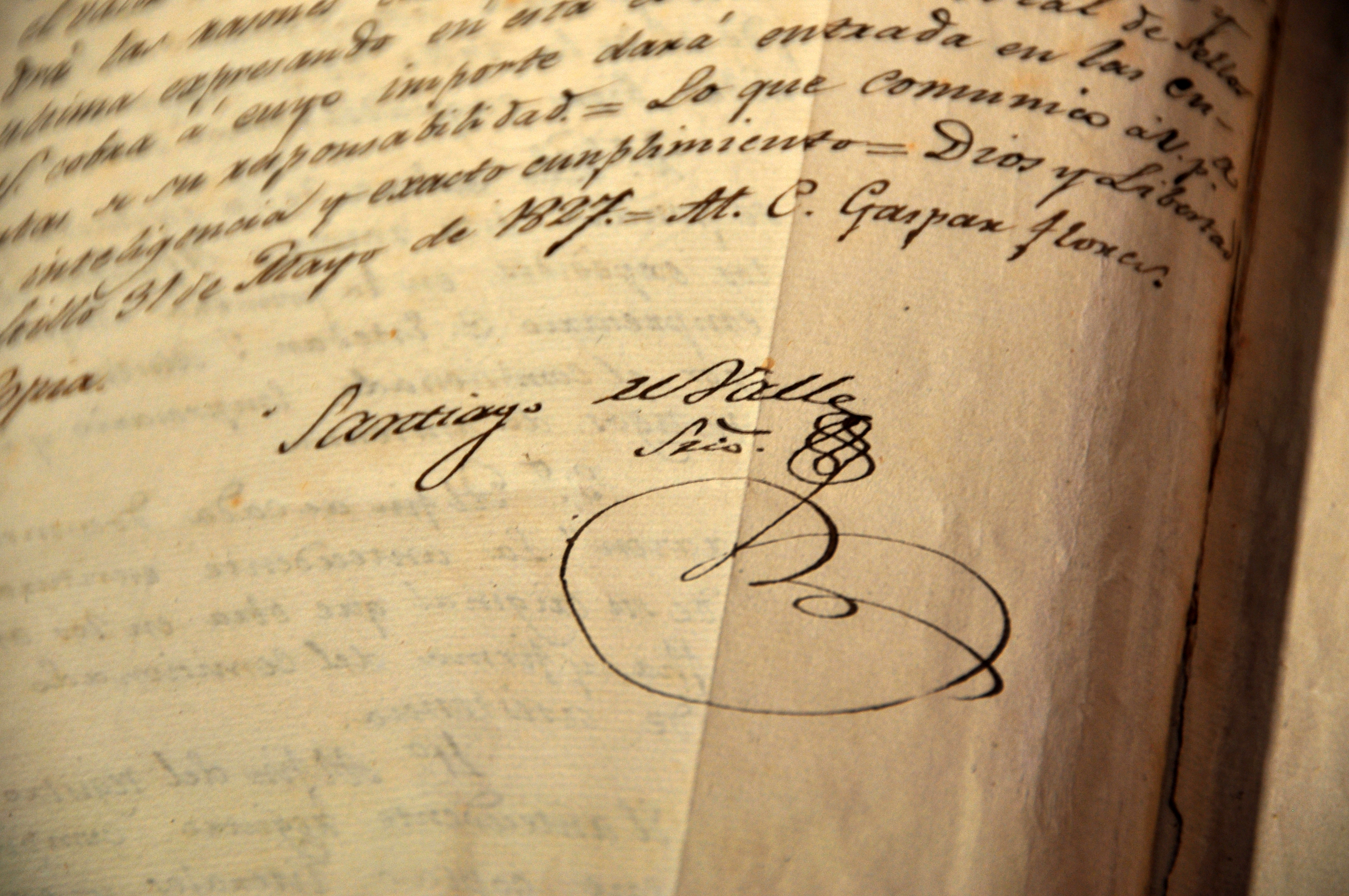District Clerk Returns are official documents of the district court of a given county summarizing and endorsing an individual's claim to a valid land certificate. District Clerk Returns contains reports from each district court listing judgments regarding claims for land certificates, 1839-1874.
District Clerk Returns are official documents of the district court of a given county summarizing and endorsing an individual's claim to a valid land certificate. The Returns were filed with the GLO which would then issue a valid, duplicate certificate for land to the successful plaintiff.
"The district courts are the trial courts of general jurisdiction of Texas.The geographical area served by each court is established by the Legislature, but each county must be served by at least one district court. In sparsely populated areas of the State, several counties may be served by a single district court, while an urban county may be served by many district courts.
District courts have original jurisdiction in all felony criminal cases, divorce cases, cases involving title to land, election contest cases, civil matters in which the amount in controversy (the amount of money or damages involved) is $200 or more, and any matters in which jurisdiction is not placed in another trial court. While most district courts try both criminal and civil cases, in the more densely populated counties the courts may specialize in civil, criminal, juvenile, or family law matters."
--Taken directly from Texas Courts Online
Accessed: April 12, 2013
District Clerk Returns contains reports from each district court listing judgments regarding claims for land certificates, 1839-1861. Reports vary in detail. At the minimum, they show certificate number, grantee names, date of the certificate, where the conditional certificate was issued, amount of land granted and by whom approved. Some reports also contain the names of attorneys, and the names of jury foremen (rarely all members). Reports were filed quarterly by the district clerks. District Clerk Returns are arranged by county.
Some counties contain both original and handwritten certified duplicates, the latter of which where created by the General Land Office for an unknown purpose.
A handwritten surname index is included.
District Clerk Returns are arranged alphabetically by county first, then chronologically.
District Clerk Returns (AR.257). Archives and Records Program, Texas General Land Office, Austin.
Unrestricted access.
Most records created by Texas state agencies are not copyrighted and may be freely used in any way. State records also include materials received by, not created by, state agencies. Copyright remains with the creator. The researcher is responsible for complying with U.S. Copyright Law (Title 17 U.S.C.).








